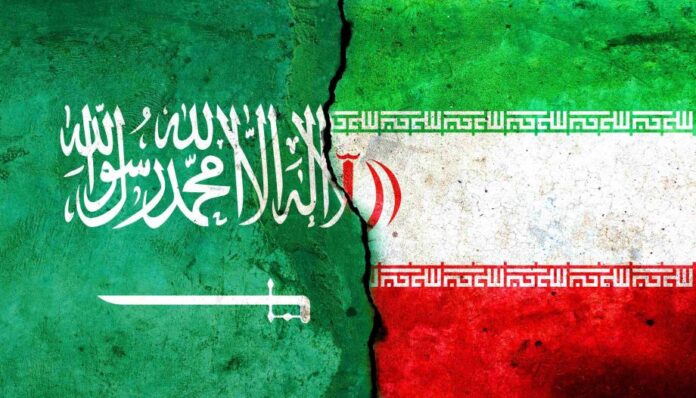Authors: Muhammad Nadeem Mirza, Hussain Abbas, and Irfan Hasnain Qaisrani
Affiliation: Quaid-i-Azam University (Islamabad, Pakistan), The Islamia University of Bahawalpur (Pakistan), Bahria University (Islamabad, Pakistan)
Organization/Publisher: SAGE Journals
Date/Place: September 2021
Type of Literature: Research
Number of Pages: 9
Link: https://journals.sagepub.com/doi/full/10.1177/21582440211032642
Keywords: Saudi Arabia, Iran, Middle East, Sphere of Influence, proxy warfare
Brief:
Iran’s successful strategy to protect and expand its sphere of influence in the Middle East (ME) has made Saudi Arabia adopt a proactive policy to counter Iranian moves in the region. The competition between the two states is political in nature, but sectarianism provides fodder to their hostility. Competition between the two states has existed for a long time, but the fall of Saddam (2003) and the Arab Spring (2011) brought the competition to the surface. As sectarianism has been weaponized between Iran and Saudi Arabia, the states have been enticing their proxies against each other in different places in the ME. In the last two decades, the competition between both antithetical systems has projected proxy conflict in Yemen, Iraq and Syria. Each state seeks to build, expand and protect its sphere of influence at the expense of the other state, with repercussions including shifting alliances. The apprehension of Saudi Arabia as a regional Sunni power in the region has compelled Gulf monarchies to normalize with Israel for their survival. The increasing capabilities of some of Iran’s proxies (Houthis in Yemen) and the role of Saudi Arabia—with its proxies—in balancing Iran would not be favorable for the ME nor the world as a whole.
By: Imad Atoui, CIGA Research Associate




